UNC researchers have found a way to kill drug resistant lung cancer using 50 times less chemotherapy.
For the first time, researchers have developed a way to package cancer drugs inside naturally occurring particles found in white blood cells, allowing them to freely pass through membranes that would otherwise resist the drug.
Dr. Elena Batrakova at the UNC Eshelman School of Pharmacy’s Center for Nanotechnology in Drug Delivery and her team discovered this method that allows for more effective cancer treatment.
“My idea was to load the cancer drug into these white blood cells and let them go and let them find the cancer cells in the patient’s body and kill these cancer cells,” said Batrakova.
The key to this process is exosomes, small particles from white blood cells that help the body fight against infection. Batrakova said exosomes are engineered by nature to be perfect delivery vehicles.
“And what we found was amazing. We found that these exosomes loaded with the drug target cancer cells,” said Batrakova.
Loading the exosomes with the cancer drug utilizes the body’s natural process for fighting disease.
“I am absolutely positive that whatever nature created is a thousand times more efficient and better than whatever people can create,” said Batrakova.
Without the exosomes the body blocks some of the cancer medicine, seeing it as foreign object. When the medicine is contained inside the exosomes it is able to work without the body fighting back.
“They work like an invisibility cloak, and they cover this drug, deliver to cancer cells, release it, inject it into the cancer cells and kill them very efficiently,” said Batrakova.
This method has only been tested on mice, but Batrakova believes that it could limit the bad side effects of chemotherapy.
“Now we know we can use even less anti-cancer drug and kill and efficiently eradicate these cancer meta-stages,” said Batrakova.
Batrakova said this method could also be effective in diagnosing cancer because it is so good in finding cancerous cells. If applied to humans, this research could help treatment of many different diseases.
Related Stories
‹
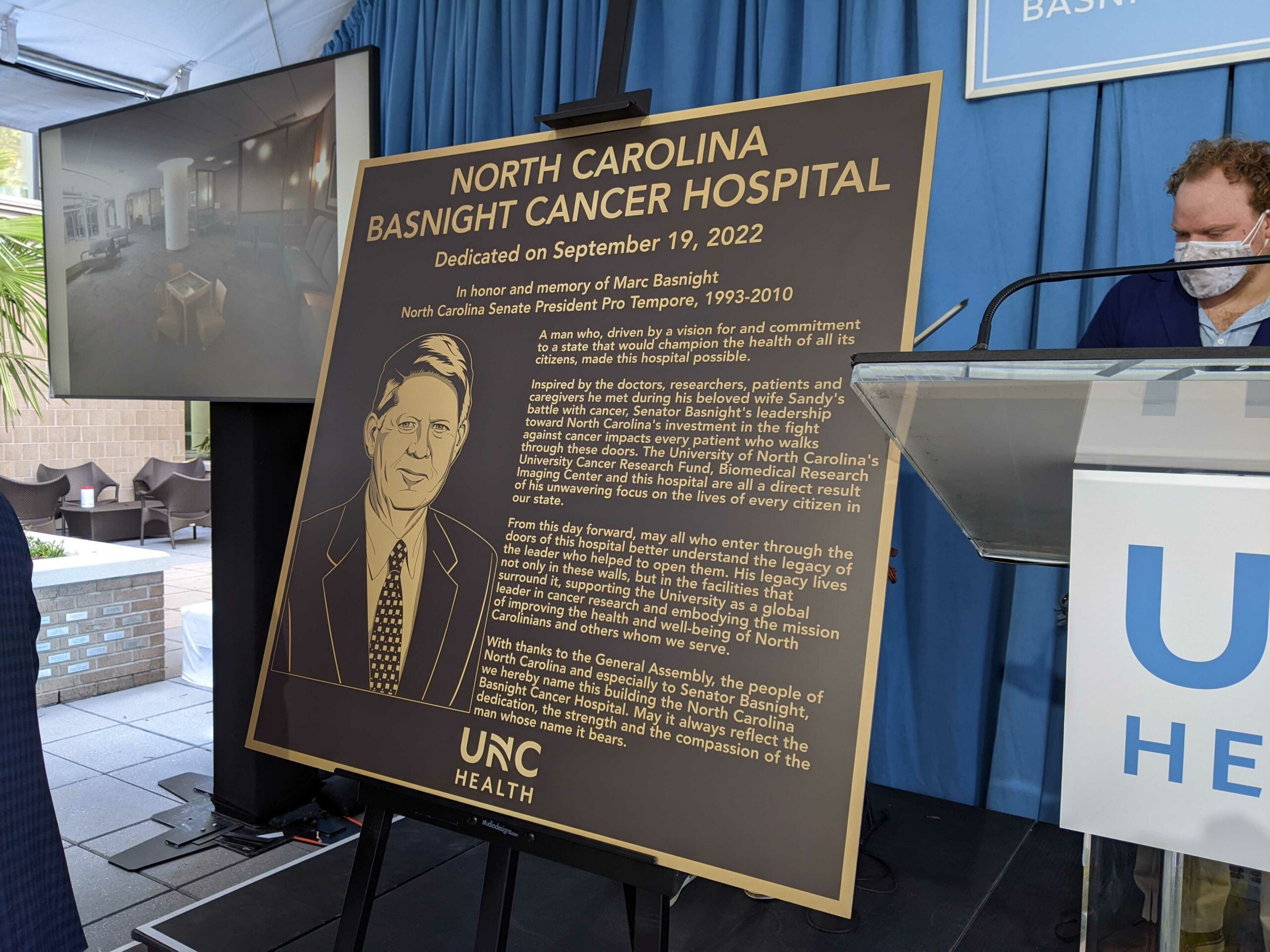
UNC Cancer Hospital Renamed to Honor State LeaderMarc Basnight was North Carolina’s longest-serving legislative leader. After his death, state legislatures wanted to find a way to honor him.
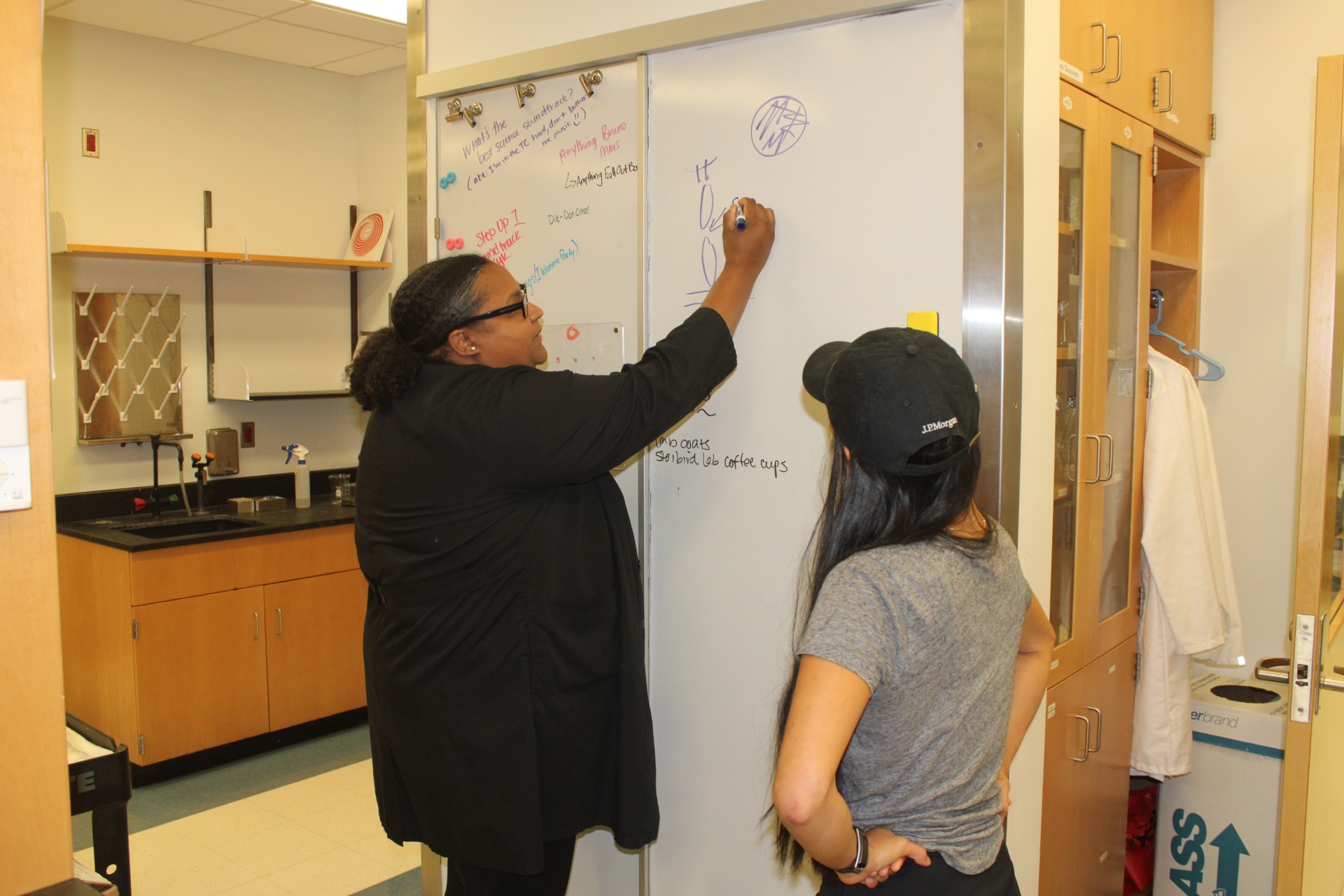
UNC Researchers Warn About Effects of Federal Funding Cuts on Cancer Discoveries, TreatmentsThreats of federal funding cuts are already felt within research circles at UNC, including the labs of some leading cancer research.

Art’s Angle: PerspectiveMack Brown was crying after the 41-34 shocker to Georgia Tech — but he was weeping about losing one of his former players and team leaders.
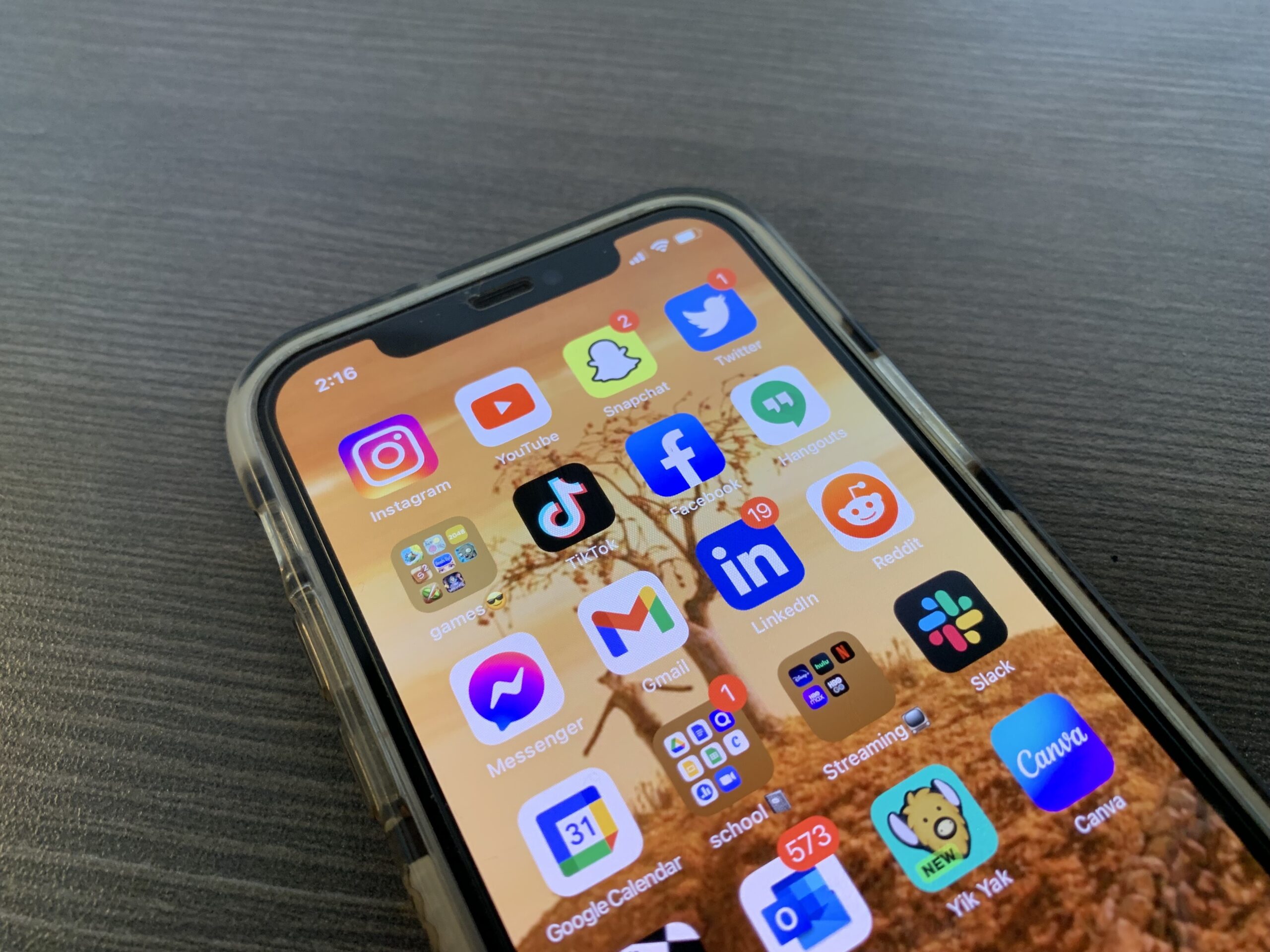
UNC Study: 'Habitual' Social Media Use Changes Kids' Brain DevelopmentDo you remember the time before social media? For children and young adults, social media is a significant part of their lives — and we’re still learning how it’s affecting them.
A study conducted by UNC researchers found a habitual checking of social media can impact brain development in adolescents.
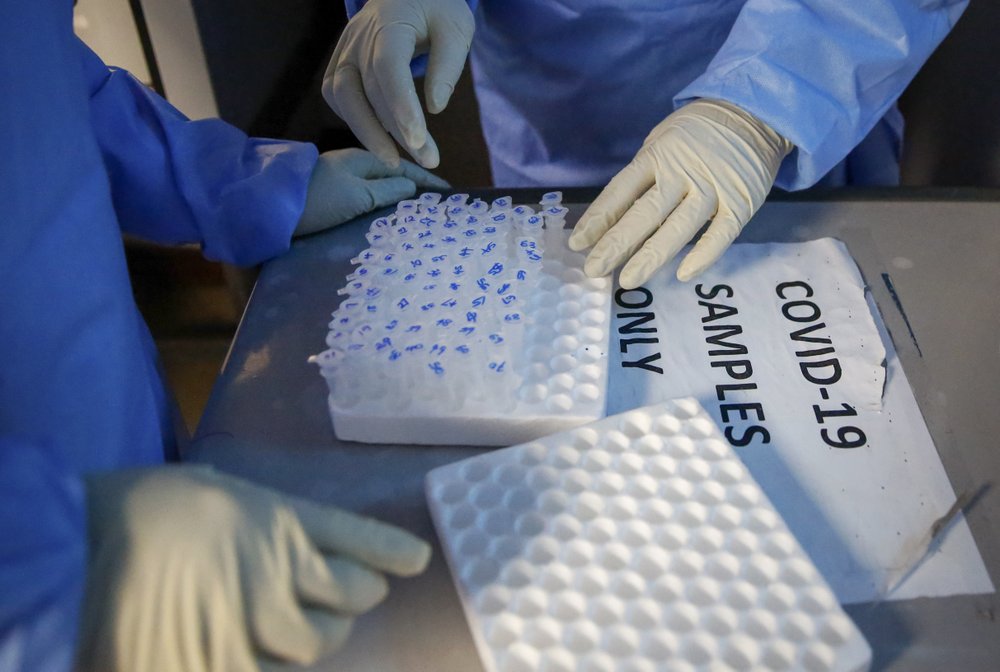
UNC Researcher on COVID, At-Risk Populations: 'We Are Not Out of the Woods'As coronavirus cases in North Carolina continue to rise, researchers and health officials are expressing concerns for at-risk groups – and that means more than just the elderly population. Dr. Giselle Corbie-Smith is a UNC Professor of Social Medicine, the Director of the Center of Health Equity Research and a Professor of Internal Medicine. She […]

UNC Pushes Back Against Research Allegations in The AthleticUNC interim chancellor Kevin Guskiewicz has long been viewed as one of the leading concussion researchers in the world in recent years. But a report published in The Athletic this week claimed that for years UNC student-athletes, particularly football players, were testing positive for ADHD at abnormally high rates – which the report claims could […]
![]()
'Jeopardy!' Host Trebek says he's Resumed ChemotherapyAlex Trebek says he’s had a setback in his battle with pancreatic cancer and is undergoing chemotherapy again. Trebek told ABC’s “Good Morning America” on Tuesday that after a short period of optimism when he stopped chemotherapy, his “numbers shot up” and doctors ordered him back on the treatment. The 79-year-old game show […]

New UNC Center to Research Technology's Impact on DemocracyUNC announced its plans for a new research center on Monday that will study the ways technology is changing democracy in the digital age. The Center for Information, Technology and Public Life will look to discover empirical numbers on ways technologies impact and interact with society. Topics like fake news, the sales of data to […]
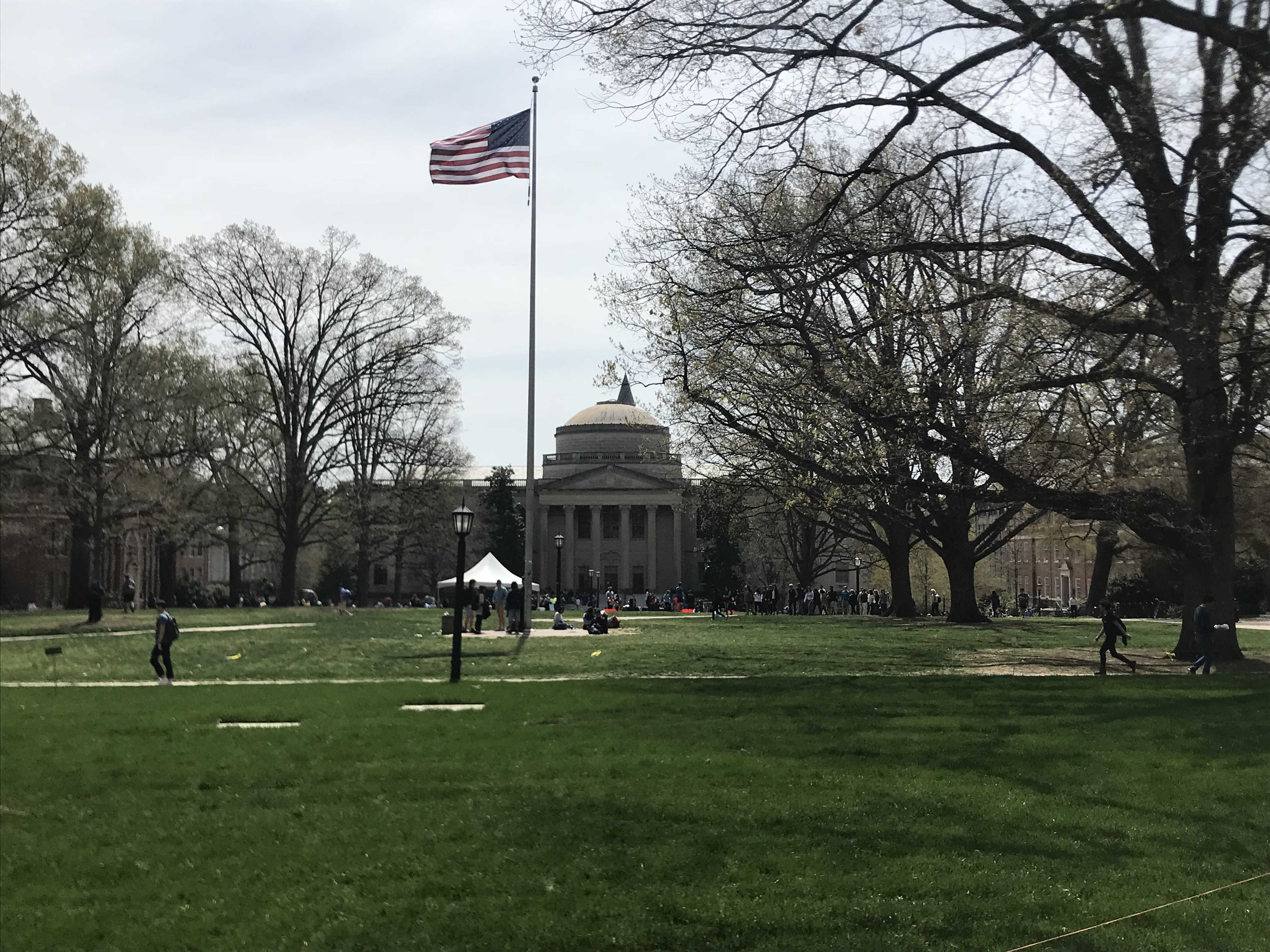
UNC Studying Link Between Obesity and CancerResearchers at the UNC Lineberger Comprehensive Cancer Center are looking into the links between obesity and cancer. While it is common knowledge that things like smoking and exposure to sun can put you at risk for cancer, Professor in the Department of Nutrition at UNC Dr. Stephen Hursting says obesity is a lesser known risk […]
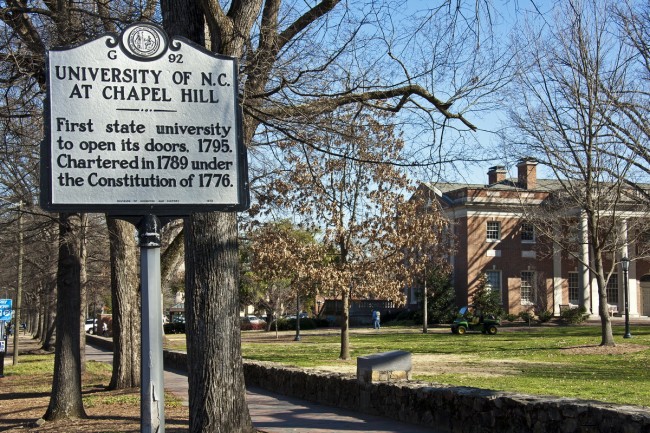
NC Policy Collaboratory to Fund GenX ResearchThe North Carolina Policy Collaboratory at UNC recently announced $430,000 in grants for three research projects regarding contaminants in water supplies in North Carolina, including GenX – a potentially toxic industrial compound that has been detected in the Cape Fear River. The collaboratory, which has been funded by the state legislature for two years, exclusively […]
›










